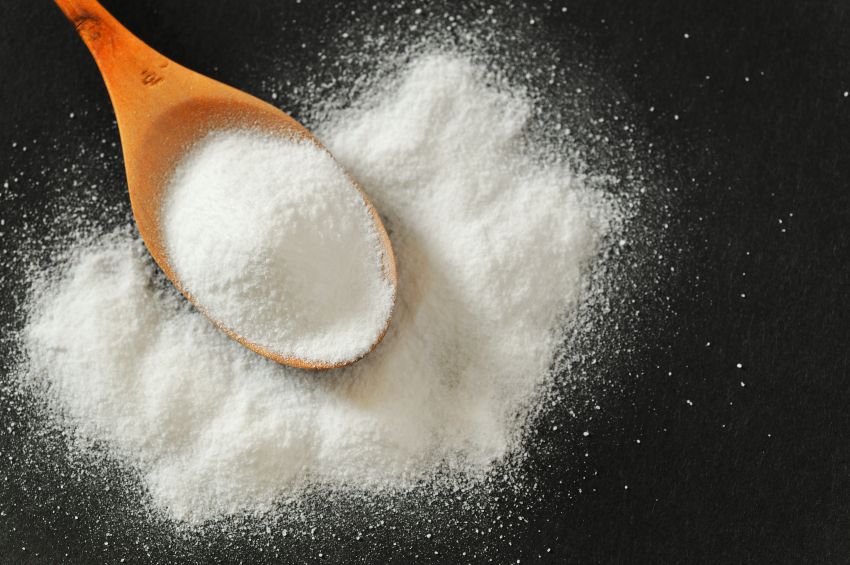Personal trainer Dan Buda, talks about 16 Tips to Lower Your Cholesterol
Simple Steps Add Up to lower cholesterol
Has your doctor said you have high cholesterol? Then you know you need to change your diet and lifestyle to lower cholesterol and your chance of getting heart disease. Even if you get a prescription for a cholesterol drug to help, you’ll still need to change your diet and become more active for heart health. Start with these steps.
1. Know Good and Bad
Your body needs a small amount of cholesterol. But many people have too much, especially the “bad” kind, or LDL cholesterol. That can happen if you eat too much saturated fat, found mainly in foods from animals. If your LDL level is too high, plaque can build up in your heart’s arteries and lead to heart disease. The “good” cholesterol, HDL, helps clear LDL from your blood.
2. Use Your Hands
It’s easy to eat too much, especially when you eat out and the portions are huge. That can lead to weight gain and higher cholesterol. What’s a true portion? There’s a “handy” way to tell. One serving of meat or fish is about what fits in your palm. One serving of fresh fruit is about the size of your fist. And a snack of nuts or serving of cooked vegetables, rice, or pasta should fit in your cupped hand.
3. Think Delicious and Nutritious
Load your plate with fruits and vegetables — aim for five to nine servings each day — to bring down your LDL level. Antioxidants in these foods may provide the benefit, along with fiber. And you may eat less fatty food if you fill up on produce. Bonus: You’ll also help lower blood pressure and keep your weight in check.
4.Boost Your Omega-3s
You can eat fish twice a week. It’s a great source of protein and omega-3s, which are a type of fat your body needs. Omega-3s help lower levels of triglycerides, a type of fat in the blood. They may also cut down on cholesterol, slowing the growth of plaque in arteries. Go for fatty fish, such as salmon, tuna, trout, and sardines. Grill, roast, bake, or broil, but don’t fry them.
5. Start Your Day With Whole Grains
A bowl of oatmeal is a smart choice. It fills you up, making it easier not to overeat at lunch. The fiber also curbs LDL cholesterol. Whole grains aren’t just for breakfast. You’ve got plenty of options to try later in the day, such as brown or wild rice, popcorn, and barley.
6. Go Nuts
Need a snack? A handful of almonds, pecans, pistachios, walnuts, or other nuts is a tasty treat. They are high in monounsaturated fat, which lowers LDL “bad” cholesterol but leaves HDL “good” cholesterol alone. Studies show that people who eat about an ounce of nuts a day are less likely to get heart disease. Keep the portion small, so you limit fat and calories. And avoid those covered in sugar, chocolate, or a lot of salt.
7. Make It Unsaturated
You need some fat in your diet, but probably less than you think. Plus, the type of fat matters. Unsaturated fats — like those found in canola, olive, and safflower oils — lower LDL “bad” cholesterol levels and may help raise HDL “good” cholesterol. Saturated fats — like those found in meat, full-fat dairy, butter, and palm oil — raise LDL cholesterol. Remember, good fats have just as many calories, so use just a bit.
8. Pick the Best Carbs
Beans and whole grains such as brown rice, quinoa, and whole wheat have more fiber and don’t spike your blood sugar. They will lower cholesterol and make you feel full longer. Other carbs, like those found in white bread, white potatoes, white rice, and pastries, boost blood sugar levels more quickly so you feel hungry sooner, which can lead you to overeat.
9. Go for 30
Just half an hour of physical activity 5 days a week can lower your bad and raise your good cholesterol levels. More exercise is even better. Being active also helps you reach and keep a healthy weight, which cuts your chance of developing clogged arteries. You don’t have to exercise for 30 minutes straight. You can break it up into 10-minute sessions. Or go for 20 minutes of harder exercise, like running, three times a week.
10. Walk It Off
It’s simple, convenient, and all you need is a good pair of shoes. Aerobic exercise (“cardio”) such as brisk walking lowers the chance of stroke and heart disease, helps you lose weight, keeps bones strong, and is great for your mood and stress management. If you’re not active now, start with a 10-minute walk and build up from there.
11. Go Beyond the Gym
You can be active anywhere. Garden, play with your kids, hike, dance, walk your dog — if you’re moving, it’s good! Even housework goes on the list if it gets your heart rate up. Do as much as possible, as often as you can, wherever your day takes you.
12. Be Smart When You Eat Out
Restaurant food can be loaded with saturated fat, calories, and sodium. Even “healthy” choices may come in supersize portions. To stay on track:
•Choose broiled, baked, steamed, and grilled foods — not fried.
•Get sauces on the side.
•Ask for half of your meal to be boxed up before you get it.
13. Check the Label
What’s the serving size? The nutrition info may look good, but does the package contain two servings instead of one?
If it says “whole grain,” read the ingredients. Whole wheat or whole grain should be the first one.
Note the saturated fat, sodium, calories, and cholesterol. Are they OK for your daily plan? If not, what will you choose to change?
14. Stay Chill
Over time, out-of-control stress becomes a problem. It raises your blood pressure, and for some people, it might mean higher cholesterol levels. Make it a priority to relax. It can be as simple as taking some slow, deep breaths. You can also meditate, pray, socialise with people you enjoy, and exercise. And if some of the things that stress you out are things you can change, go for it!
15. Check Your Weight
Extra pounds make you more likely to get high cholesterol, high blood pressure, and type 2 diabetes. These all affect the lining of your arteries, making them more likely to collect plaque from cholesterol. Losing weight, especially belly fat, raises your good and lowers your bad cholesterol.
16. Keep Tabs
Celebrate your progress! Remember that you’re in charge of your health and that you can turn your cholesterol around. See your doctor regularly so you know how it’s going. Working together, you’ll keep your heart going strong.
 not just the added calories and the lack of nutritional value: It also can make your blood sugar spike and then crash, and that leaves you tired, hungry, and irritable — “hangry.”
not just the added calories and the lack of nutritional value: It also can make your blood sugar spike and then crash, and that leaves you tired, hungry, and irritable — “hangry.”